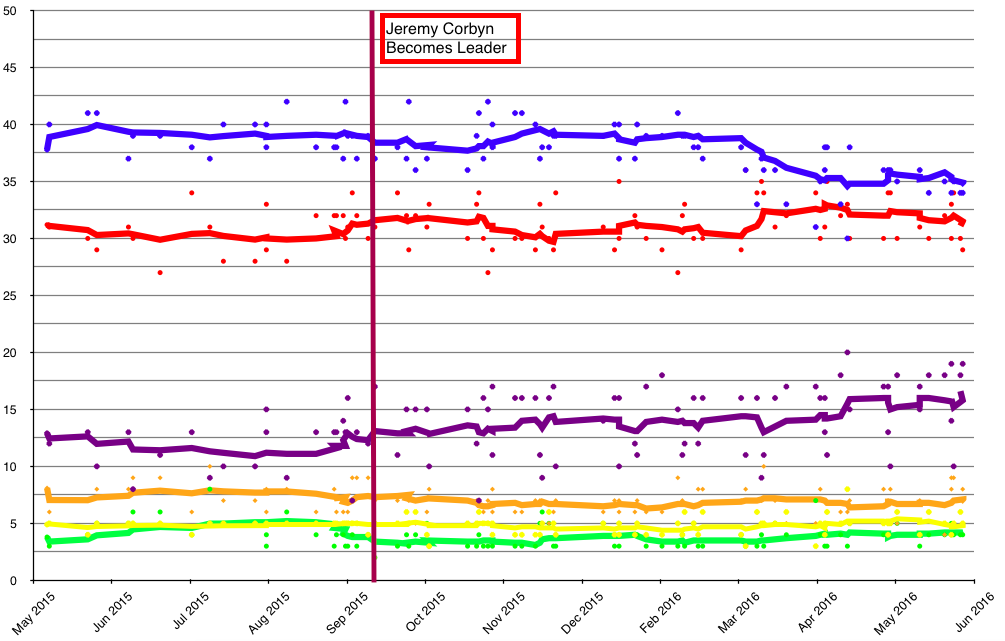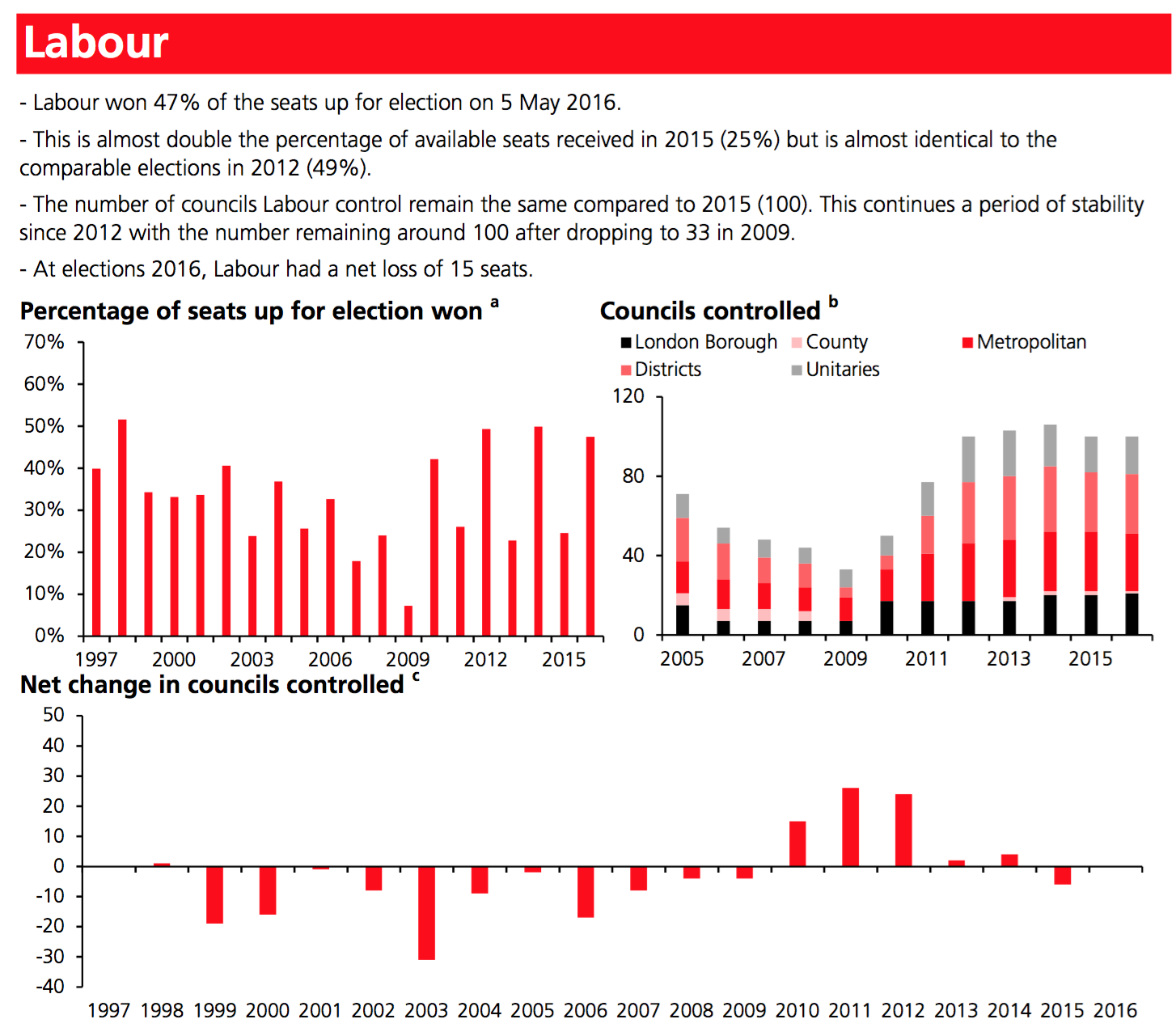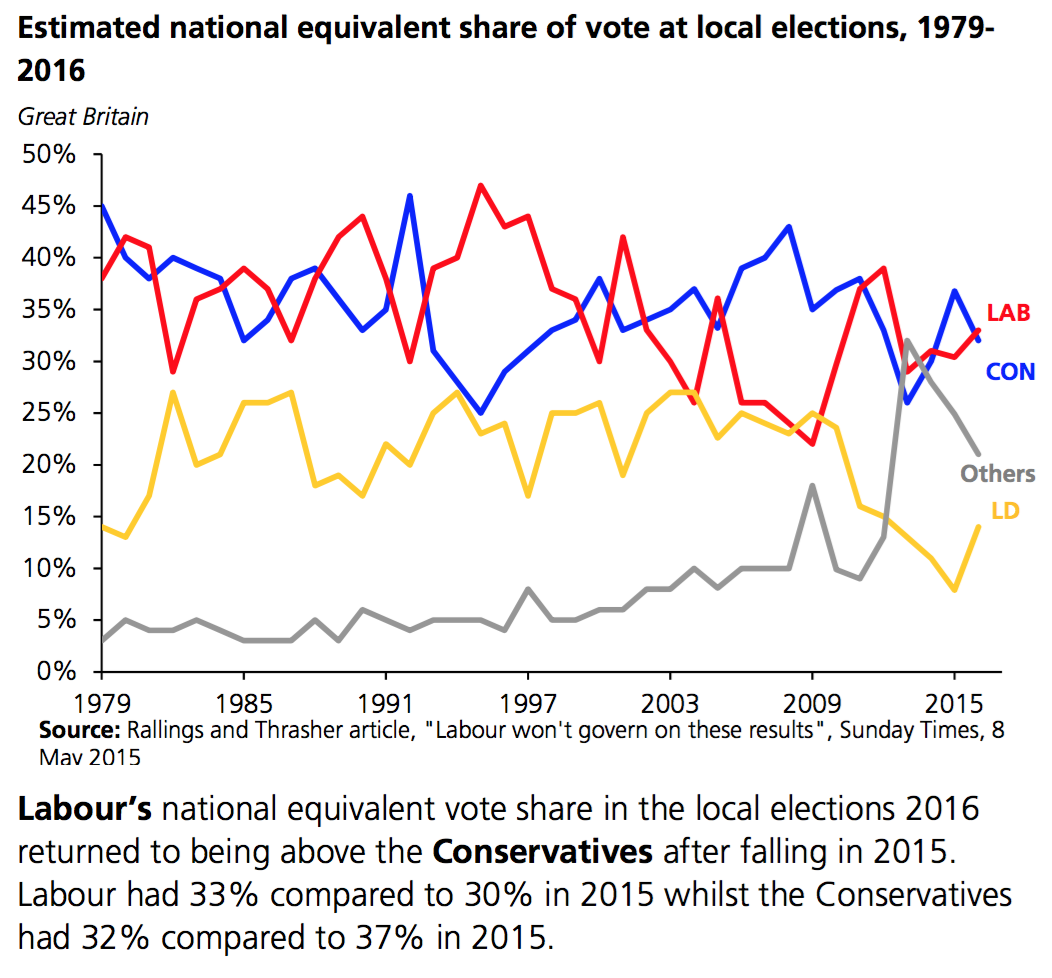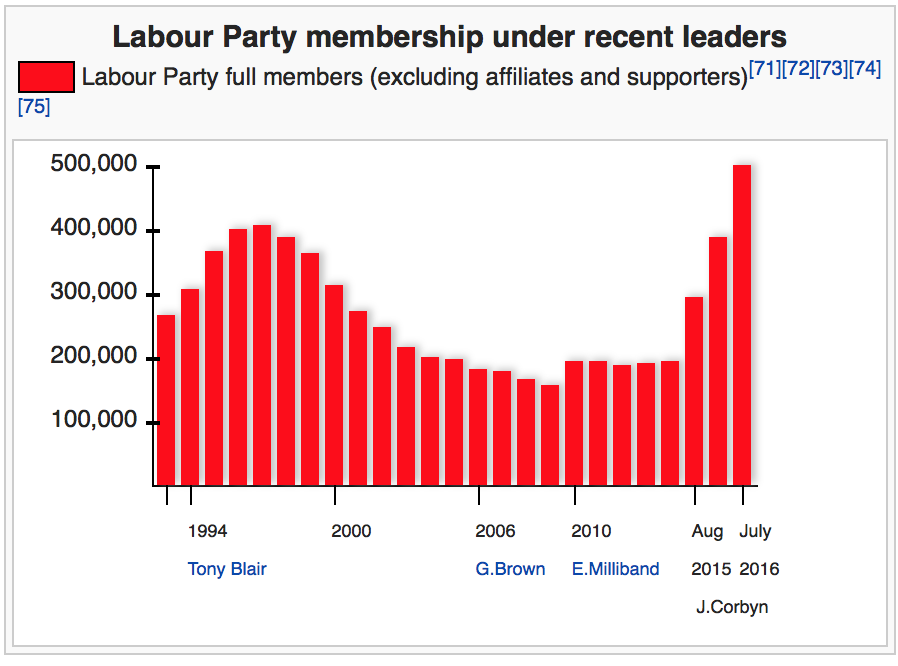The oldest war in history is that between the people and those who have hoarded power to themselves.
Predictably – perhaps inevitably – the latter eventually gain a sense of entitlement to the power they have hoarded.
In days gone by that entitlement was expressed through bloody purges and oppression.
In modern ‘liberal democracies’ the chosen weapons of the eternal duel are a bit different, more refined, more ‘cultured’, and near-invisible to the casual observer.
Mostly they involve a crafted mix of strategic shenanigans within arcane organisational processes; domination of media ‘narratives’ through careful fertilising of connections between political and media elites; the channeling of more and more money to buy PR firms’ ‘advice’ and – always – the attempted coordination and stage-managing of unfolding public events presented, of course, as if they were mere ‘natural human phenomena’ generated from the unpredictable hurly-burly of political theatre and the foibles of individual personalities.
But as already mentioned, whatever the weapons or tactics used by those with power, what they fear most is the only opposition that has any chance of wresting power back from them: The people en masse; the ‘bewildered herd’ run amok.
But when you start looking for bewildered herds they pop up all over the place.
Strangely, – or maybe not so strangely – it is often the liberal elite, the educated, professional, self-styled rational and reasonable people who are most convinced of the need to restrain the ‘irrational mob’, who are apparently moved not by objective discussion and rational persuasion but by the ‘crowd mind’ of Gustav Le Bon’s fancy.
Of course it makes perfect sense that if only a few have most of the power then there’s some advantage in characterising the many as susceptible to irrational, emotional forces that those same few have managed to transcend.
The crown of the Philosopher King is a tempting one for the wise elite to wear as justification of their rule over the bewildered herd.
To be blunt, the mutinous MPs of the PLP would do well to reflect upon Chomsky’s words in the video below which summarise the longstanding attitudes of the liberal intellectual and media elite towards the public in general – preferably while sitting in front of a mirror:
The Parliamentary Labour Party (PLP) in the United Kingdom – dominated as it is by a faction that is the beneficiary of the managerialist coup carried out by Tony Blair in the 1990s – finds itself in just this position with the leadership of Jeremy Corbyn.
This time, however, the ‘bewildered herd’ is the membership of the Labour Party which, as the PLP see it, clearly cannot be entrusted with the decision over who will be leader.
But there’s some nested irony here as the argument is that the ‘bewildered herd’ that is the membership are unable to choose a leader who can appeal to the rather larger ‘bewildered herd’ that is the electorate; that is to the general population which have so recently – in the Brexit vote – demonstrated their unreasonable and irrational mentality.
Perhaps, though, there is yet a further, but much smaller, ‘bewildered herd’ to consider in this scenario – a good proportion of the PLP MPs who voted against their leader. Perhaps, that is, they have themselves succumbed to the state Le Bon describes: “a special state, which much resembles the state of fascination in which the hypnotized individual finds himself in the hands of the hypnotiser.”
And that hypnotic state – produced through the enchantment of party machinators and media commentary – has persuaded them that Corbyn’s leadership is a disaster.
I say that because, on the face of it, there should be no leadership challenge.
Since Jeremy Corbyn was duly and overwhelmingly elected in September last year the Labour Party’s fortunes in the polls have marginally improved. They haven’t ‘leapt’ but they have consolidated and inched upwards while the gap between the Labour and Conservative Parties has narrowed.

Source: Adapted From https://en.wikipedia.org/wiki/Opinion_polling_for_the_next_United_Kingdom_general_election#Graphical_summary
Given the ritual wailing over the ‘disaster’ the 2015 election was for the UK Labour Party, doing better than this under any leader who has occupied the office for 10 months and is still within one year of such an election is surely only the expectation of irrational fantasists.
Doing this well under a leader condemned by the right of the Labour Party as a complete disaster and an indication of Labour deliberately walking off a cliff – as Tony Blair mournfully intoned prior to Corbyn’s election as leader – is quite remarkable.
Either that or the prophecies of doom were simply attempts at a self-fulfilling prophecy. Say it often enough, through enough friendly media channels and. ‘miraculously’ it will come to pass and you will be hailed as a political seer extraordinaire.
Unsurprisingly, then, the most recent poll shows a dip in Labour Party support in an ICM poll using a sample taken from an online panel (like Horizon Polling in New Zealand) on 10 July, giving the Conservatives an eight point lead with 38% to Labour’s 30%.
Presumably, this is in direct response to the implosion and period of open mutiny that was declared by the MPs against Corbyn but which Polly Toynbee – longtime Guardian columnist and an SDP member in the 1980s (the SDP was the party formed when the ‘liberal’ part of the Labour Party split off and formed a separate part – later to be absorbed into the actual Liberal Party which is now known as the ‘Liberal Democrats’) – lays at the door of Corbyn and his supporters in the membership of the party.
Toynbee’s latest effort is an example par excellence of the kind of so-called liberal media rhetoric that has been stirring the coals of discontent against Corbyn’s leadership from well before it even began (as the impending ‘doom’ of his election as leader became increasingly obvious):
So outrageously inept is Jeremy Corbyn’s regime that Labour failed to mount a fight last week against the £1,200 charge for employment tribunals, which has seen a 70% fall in claims. Richard Burgon, the new shadow lord chancellor, simply missed its huge significance, and with no whip the government won by an astounding 135. Forget forensic challenges to bad policy or defending austerity’s victims.
…
This is a party in freefall, but those facts make no impression on Labour’s new members. Professor Tim Bale has surveyed them and finds 77% who joined after Corbyn became leader believe he will win the next general election. Denial, delusion, magical thinking, call it what you will, they believe it. Worse, I’ve heard many say winning is shoddy Westminster elite stuff: conviction matters more, say some Trots but mainly ardent believers.
…
Despite Corbyn’s denials, Labour’s council election results were the worst since 1982, the first time an opposition has had net losses in a non-general election year.
Damning stuff. But here’s another take on these criticisms:
Firstly, here inferring that Burgon “missed its huge significance” is purposefully misleading. The MP for Leeds East was, firstly, at the Commons debate on the 4 July. Secondly, he and other Labour MP’s (including those who do not support Corbyn) made a robust defence. Thirdly, this was what’s called an “estimate day” debate, where it is traditional for the opposition to abstain.
But Ssh! Toynbee doesn’t want you to know any of that! She also doesn’t appear to want you to know she is manipulating the truth, either.
Her claim of the government “winning” by an “astounding 135” on the debate is intentionally devious. The Labour benches were whipped in advance, and the decision to abstain was taken while some of the Shadow Cabinet (who later resigned) still held office. All Corbyn and Burgons’ fault this was not.
Furthermore, this wasn’t a vote on tribunal fees, per se – it was a vote on administrative matters surrounding the topic. The actual vote took place in a small committee, on 7 July – as Burgon wrote about the following day.
But twisting the truth appears to be Toynbee’s favourite line of attack in this particular column. And credit where credit is due. She makes a damned good job of it.
On the Local Council Elections (more below):
This [Toynbee’s claim] is not strictly true – and is stuffed full of unfettered bias.
Labour suffered a similarly bad defeat in 1985 under Neil Kinnock, which was at the same point in a parliamentary calendar as we find ourselves now. Furthermore, to assert that this was somehow Corbyn’s fault is disingenuous in the extreme. The rot actually began in 2014, under Ed Miliband, where Labour only managed to “win” the local elections by one percentage point – again, one of their worst results on record.
Toynbee’s attack is like the eery echo of attacks on Corbyn during the leadership election last year – as if in fulfilment of Tony Blair’s own prophecies.
At the time Blair elaborated on his own colourful premonition:
The party is walking eyes shut, arms outstretched, over the cliff’s edge to the jagged rocks below. This is not a moment to refrain from disturbing the serenity of the walk on the basis it causes “disunity”. It is a moment for a rugby tackle if that were possible.
And;
If Jeremy Corbyn becomes leader it won’t be a defeat like 1983 or 2015 at the next election. It will mean rout, possibly annihilation. If he wins the leadership, the public will at first be amused, bemused and even intrigued. But as the years roll on, as Tory policies bite and the need for an effective opposition mounts – and oppositions are only effective if they stand a hope of winning – the public mood will turn to anger. They will seek to punish us. They will see themselves as victims not only of the Tory government but of our self-indulgence.
Well, given current events Labour voters may well be vexed about the PLP’s self-indulgence – but not quite in the sense that Blair meant.
Put bluntly, the right of the PLP can’t have it both ways: The desire to claim a decimating electoral defeat under Ed Miliband – whom they revealingly classed as a leftist – in May, 2015, on the one hand, and the assumption that any ‘real leader’ would have Labour streaking ahead in the polls within months after such a defeat, on the other.
And it hasn’t just been the opinion polls that have looked cautiously promising for the Corbyn-led party.
All by-elections since the 2015 election have also been successful for Labour despite predictions of disaster from the same Jeremiah’s. There was an increase of 7% received by Labour on its 2015 General Election performance in the Oldham West and Royton by-election (3 December, 2015); a 6% increase in its share of the vote in the Sheffield Brightside and Hillsborough by-election (5 May, 2016); a hold on 52% of the vote in the Ogmore by-election (5 May, 2016), that is, the same percentage as in the 2015 General Election; and a 7.3% swing from the Conservatives in the Tooting by-election (16 June, 2016).
Note, that last by-election was a mere month ago.
And, speaking of apocalyptic predictions, there was widespread agreement amongst the liberal press and ‘experts’ – and ‘Labour MP Tristram Hunt’ – that the recent local government elections would result in 150 seat losses and that only a gain of 400 seats would save his leadership.
The truth is that local body elections in the United Kingdom differ massively from year to year as different councils come up for election. That is, the number of councils and seats at stake in any one year can vary markedly both in number and in distribution between the parties.
In the 2016 local body elections there were actually relatively few seats up for election and the bulk of these were already in Labour areas. Labour retained its control of all 58 councils it held and lost 15 seats out of the 1,344 seats it held going into the election (a loss of 1.1% of its seats). Meanwhile the Conservatives had a net loss of 1 council and 38 seats of the 890 seats it held going into the election (loss of 4.3% of its seats).
As the research briefing paper just linked to states:
- Labour won 47% of the seats up for election; this is almost double the percentage of available seats received in 2015 (25%) but is almost identical to the comparable elections in 2012 (49%).
And here’s the graphical presentation of the historical performance of Labour in local elections:

Source: BRIEFING PAPER Number CBP 7596, 19 May 2016
Local elections 2016
(downloaded from: http://researchbriefings.parliament.uk/ResearchBriefing/Summary/CBP-7596#fullreport)
In other words, the Corbyn-led Labour Party performed as well in these particular local elections as Miliband did with much the same seats in 2012. And the 2016 result does not stand out like a sore thumb of catastrophe – or even disappointment.
For Labour to gain – as Corbyn’s critics claimed was necessary to save his leadership – 400 seats out of the 1,425 seats up for election that it did not already hold would take a massive turnaround by a party that Tony Blair’s years as leader had ensured had completely lost its grip on the loyalty of voters in its ‘heartland’ as New Labour pursued popularity in the middle class Tory shires.
From the graphic, it is also clear that a 400 seat gain would involve smashing the record for Labour in terms of the percentage of seats up for election going back to 1997 at least – the same year that Blair won his first general election. That’s right, to win 400 seats in 2016 Labour would have had to have massively outperformed even its result in the local body elections that were held on the same day as Tony Blair’s first General Election victory in 1997, which is normally described as a ‘landslide’.
By comparison with the 2016 results, Ed Miliband led Labour in the 2013 local body elections to a 9% swing away from Labour in the popular vote (more than the 6% swing against the Conservatives); in the 2014 local body elections he led Labour to a 2% swing back towards them while the Conservatives enjoyed a 4% swing back towards them; and, in the 2015 local body elections, held on the same day as the General Election, Miliband led Labour to a loss of 3 councils and 203 councillors while the Conservatives gained 32 councils and 541 councillors.
And to put some historical perspective on the 2016 result here’s the graph of national equivalent vote share for the past 37 years of local body elections (from the same briefing paper linked to above):

Source: BRIEFING PAPER Number CBP 7596, 19 May 2016
Local elections 2016 (downloaded from: http://researchbriefings.parliament.uk/ResearchBriefing/Summary/CBP-7596)
Again, this result is hardly catastrophic given the preceding performance of the Labour Party. It’s especially notable that this wasn’t a catastrophe even in the context of a new leader roundly derided in the media – in fact, it amounts to quite a rejection of that prevailing ‘narrative’ about Jeremy Corbyn as ‘unelectable’.
Given all of the above why, then, is the PLP imploding in some grotesquely desperate attempt to remove Corbyn as its democratically elected leader? What have they got against him if there is little basis for a rational fear that their jobs (and hence the PLP fortunes) are in jeopardy?
Well, that question begs the locus of the cause of the fear. It may not be rejection of the Corbyn-led Labour Party by the electorate that these MPs fear. Instead, what they may fear far more – and more rationally – is their own rejection by the rapidly growing party membership. Or, more to the point, rejection of the policy direction they have ‘championed’.
Here’s a graph of membership in the UK Labour Party that goes back to the 1920s:
![Source: Downloaded from - https://commons.wikimedia.org/wiki/File:Labour_Party_membership_graph.png By Rwendland [CC BY-SA 4.0 (http://creativecommons.org/licenses/by-sa/4.0)], via Wikimedia Commons](https://thepoliticalscientist.org/wp-content/uploads/2016/07/Labour_Party_membership_graph.png)
Source: Downloaded from – https://commons.wikimedia.org/wiki/File:Labour_Party_membership_graph.png
By Rwendland [CC BY-SA 4.0 (http://creativecommons.org/licenses/by-sa/4.0)], via Wikimedia Commons
That may have been exaggerated, however, since the very sharp drop around 1980 coincided with a change in how the membership numbers were determined (rather than some sudden massive haemorrhage in the membership). But look at the graph since 1980.
After wobbling along somewhere just under or around 300,000 members there is a rise in the mid-1990s (as a membership drive under John Smith then Tony Blair bore fruit) that peaked at around 400,000 members followed by a quite stunning actual haemorrhage of members from about 1998 till 2010 by which time it sank towards just north of 150,000. That span of years is pretty much the Blair (then Brown) years in government.
Then, after muddling along at around 200,000 for a few years there was a sudden upswing that, in less than two years doubled the membership to just under 400,000 members. Here’s a clearer graphic of membership (not including registered supporters) showing that dramatic upswing:

Source: https://en.wikipedia.org/wiki/Jeremy_Corbyn#Growth_in_the_Labour_Party
Membership is now well in excess of its figure just before the 1997 election. The rise in membership over the last year began during the leadership election but has continued to grow, especially very recently (the last few weeks since the ructions in the PLP).
Those recent new party members were a significant factor in Corbyn’s victory in the leadership election, as were the category of ‘Registered Supporters’ who could also vote:

Source: https://en.wikipedia.org/wiki/Labour_Party_(UK)_leadership_election,_2015#Result
So, to summarise: Up until the PLP chose the nuclear option after – but likely not because of – the Brexit vote the Labour Party was recovering in the General Election opinion polling to the point where it was becoming competitive and even on a par with the ruling Conservative Party; it maintained its position in local council elections; it retained all by-elections, mostly with markedly increased shares of the vote (compared with the 2015 election result) and had its main political opponent (the Conservative Party) openly infighting.
In the apocryphal words of Native American Chief Crazy Horse, to the PLP mutineers all of the above seemed to have made it look like “A Good Day to Die“.
To thoroughly mix the allusions – despite the clear political advantage to be gained from ‘closing ranks’, showing solidarity and uniting behind their leader, the PLP decided to act like a bewildered herd of buffaloes running, without being chased, over Blair’s predicted cliff and – as a direct result and in Toynbee’s words – is now in self-propelled freefall.
Yes, the expression ‘bewildered herd’ is never so apt as when applied to the entitled few acting in utterly destructive desperation at the prospect of losing the power they thought they had forever hoarded to themselves.
Truly bewildering.
